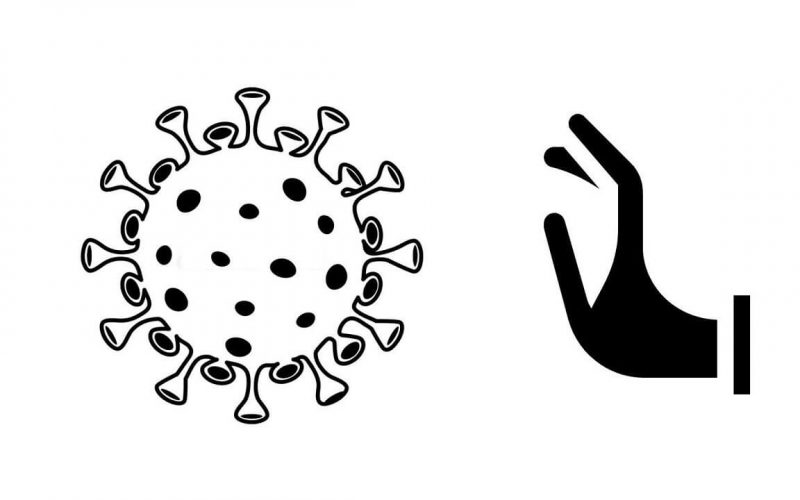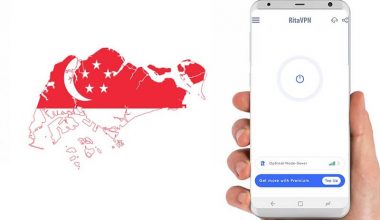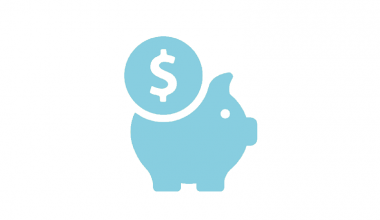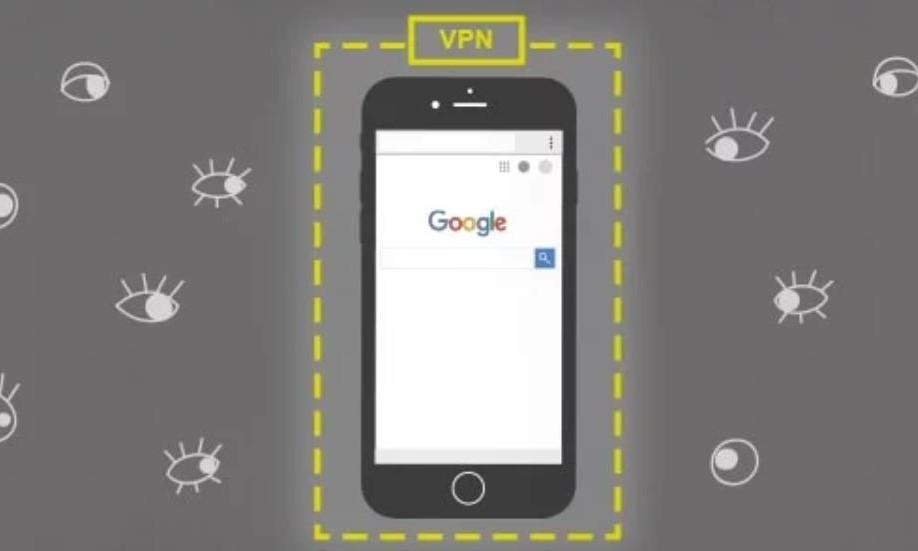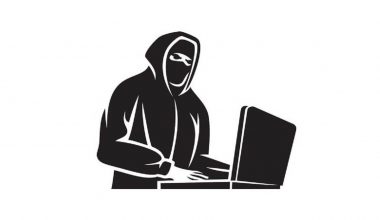- 1. Exploit the epidemic to spread malware
- 2. Fake transaction of protective supplies such as face masks
- 3. Fake sellers of daily necessities
- 4. Fake donation requests
- 5. Your relatives are “infected”
- 6. Refund offered by hotels, travel agents or delivery services
- 7. Refund and rebooking of trains and airplanes
- 8. Fake preventive medicine that can improve immunity
- 9. Online loan fraud
- Take advantage of a VPN to protect yourself online
During the epidemic, individuals make contributions to the fight against coronavirus by staying at home. Of course, this could not be achieved without the help of the Internet. Many things can be done via the Internet, including taking classes, shopping, attending conference calls, etc. Although the Internet brings us convenience especially when we are stuck at home, it also helps cybercriminals carry out online frauds. Here we have listed 9 common online coronavirus scams for you. Pay attention to these scams while using the Internet.
1. Exploit the epidemic to spread malware
Cybercriminals induce people to click on links that contain malware. Then, it will secretly collect personal information and steal important data. For example, they may pretend to be medical experts or your company to send you safety tips on protecting you against coronavirus. In fact, the measure they provide is malware. If you click on the attachment to download safety tips, you will end up downloading malware to your device.
2. Fake transaction of protective supplies such as face masks
This kind of fraud occurs when protective supplies are sold out on reputable online shopping platforms. Fraudsters target consumers who are in need of face masks during the epidemic. They usually tell customers that protective supplies are in stock. But they never deliver goods to customers. As soon as the money arrives, they immediately run away with the money. Or they deliver low-quality goods to customers to make money off the epidemic.
3. Fake sellers of daily necessities
While stuck at home, all people have to buy some daily necessities such as food. Some sellers claim to deliver cheap goods to your house. So, you don’t have to go out to buy these necessities. However, fraudsters take advantage of this to disguise them as real sellers. They just get your money and run away.
4. Fake donation requests
Cybercriminals disguise themselves as legit charity organizations to raise funds online from the public. They fool people into believing they are collecting money to help fight the coronavirus. There are even fake official websites for hospitals in countries and regions that are severely affected by the coronavirus. Many victims are induced to donate money on these websites.
Thus, it is suggested that you make donations through reliable official channels. Pay attention to the individuals or organizations that initiated the donations. You should be wary of fake donations that defraud you.
5. Your relatives are “infected”
In some cases, they also pretended to be a staff member of a school or a company and asked you to remit the “hospitalization fee” because your son had a sudden fever and had been quarantined. Don’t believe it before you confirm it with your son.
6. Refund offered by hotels, travel agents or delivery services
The cancellation of travel contracts affected by the epidemic, refund of hotel deposits, compensation for delivery detention or cancellation of mailing can also be exploited to carry out frauds. They usually push false notifications to the victims and induce them to provide sensitive information such as bank details, stealing the balance of their bank cards.
7. Refund and rebooking of trains and airplanes
The scammer sends you a message that your flight or train has been canceled and you should call the attached phone number to cancel or rebook. Actually, you can’t reach the airline or railway company via the attached phone number. If you call the number as the message says, you will be asked to fill in your personal details through a link provided by the scammer to cancel or rebook tickets. Then, your personal information will end up in the wrong hand. The scammer will be able to cause bigger property losses to you.
Thus, when you receive a refund or change call or text message, you should call the customer service of the airline or railway for verification. And you can also go to the official website to determine whether the information is true. But you should make sure the official website is not a fake one.
8. Fake preventive medicine that can improve immunity
Fraudsters claim that those with weakened immune systems are more likely to get COVID-19 and they have preventive medicine that can improve immunity. They induce people to buy medicine through the link they provide. Once clicking on the link, you will need to provide personal information and bank details to complete the payment. At the same time, what you fill in through the link is collected by fraudsters to further compromise your privacy and cause damage to your property.
RitaVPN wants you to bear in mind that there is still no cure for COVID-19 and do not trust anyone who sells vaccines for the coronavirus disease. You should keep yourself informed of official news of the coronavirus disease.
9. Online loan fraud
During the epidemic, many people are in financial difficulties. Scammers take advantage of people’s anxiety to spread false loan information across the Internet. They aim to get prepaid interests, deposit, and so on from the victims. Please be aware of such kinds of frauds and ensure the safety of your personal property.
Working Remotely at Home Due to the Coronavirus Outbreak? You Need These Security Tips
Popular Adult Site Offers Free Premium Access to Italians in Lockdown
WiFi Password Hacker Cause Data Leakage
Coronavirus Outbreak: More Countries are Infected
VPN Usage is on the Surge During Quarantine
Most Dangerous Online Scams you should be Wary of
Best Clickbank Alternatives for You to Make Money via Affiliate Marketing
Take advantage of a VPN to protect yourself online
A virtual private network is helpful in hiding your IP address, preventing cybercriminals from spying on you, and encrypting your traffic data. As long as you connect to a reliable VPN like RitaVPN, you will be able to stay anonymous and safe from those online trackers. Watch out for the above-mentioned scams and make use of a VPN service!!!
